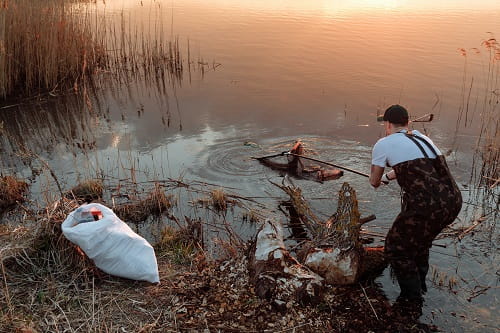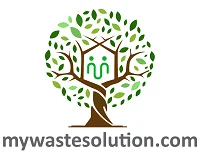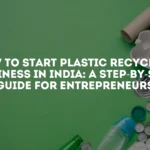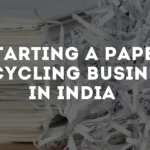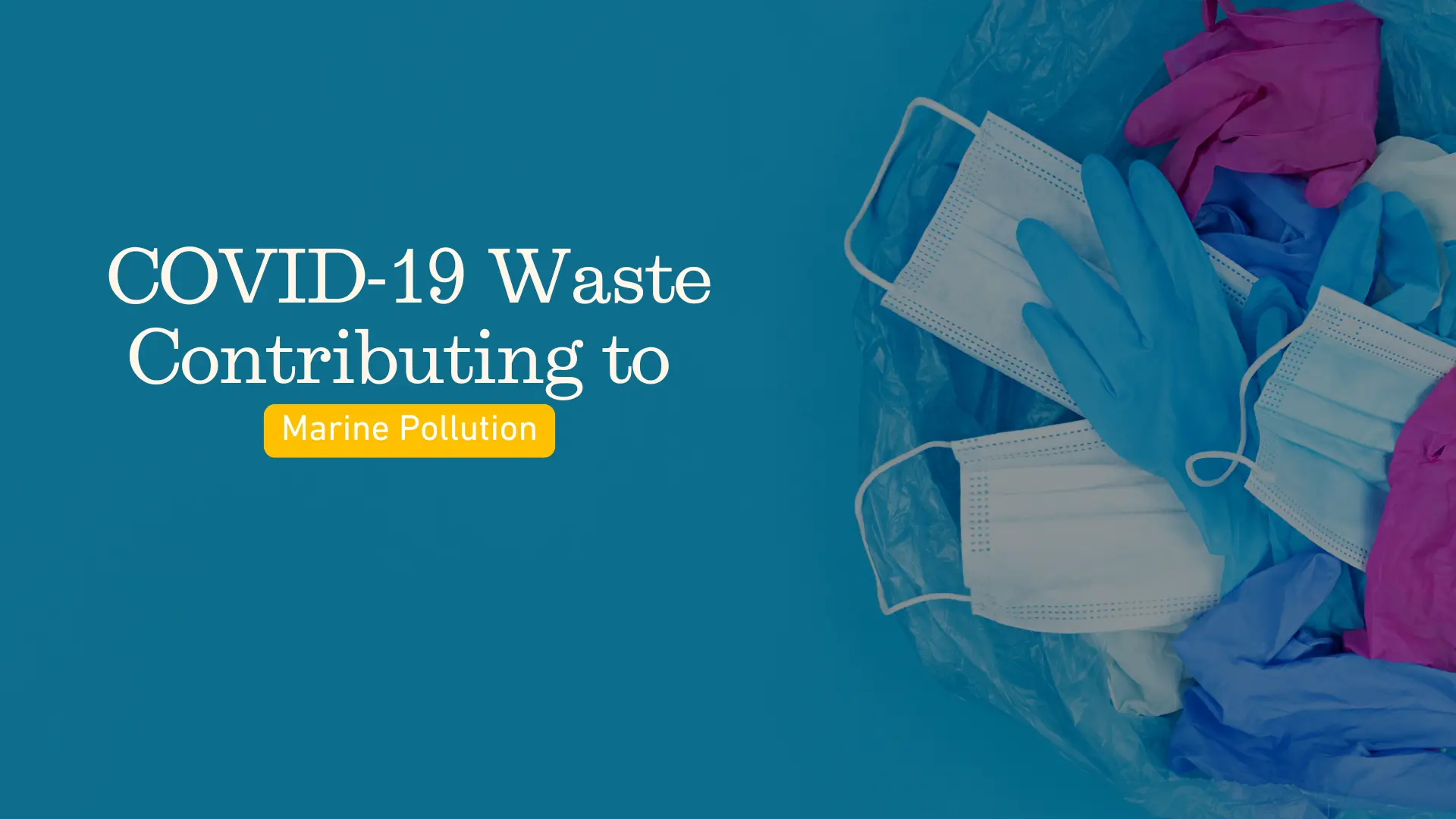Marine pollution, Remember this word? We were taught about this when we were 5th or 6th grade.
Well, let me try to remind you in the simplest possible way I could.
So, what is marine pollution? According to National Geographic, marine pollution occurs when harmful waste such as industrial, household, or chemical waste enters into the ocean. As per National Ocean Service, land is one the main causes of marine pollution, contributing 80% to be specific.
In fact, land and air pollution have been contributing and proving to be severely harmful to marine life and it’s habitat.
Anyway, you are not here to find out “what is marine pollution”. So, let’s move on and talk about how COVID-19 waste is contributing to surging marine pollution and also how we can decrease it.
The Role of COVID-19 Waste
Ever since the world found out there exists a virus called COVID-19 by late 2019, the virus has been spreading like wildfire. Causing disruption in almost everyone’s livelihood. Billions have been infected with the deadly virus so far.
However, what most people don’t notice is that with increasing precautionary measures that people are taking, there has been surge in COVID-19 waste as well. From mask to hand gloves, medicine packaging cover to syringes.
And where does this COVID-19 waste end up?
Unsurprisingly, a huge chunk ends up in the ocean, which is among thousands of causes of marine pollution.
According to an article from Ocean Conservancy, 8 million metric tons of plastics waste are dumped into the ocean every year. That is on top of estimated 150 million metric tons that are already circulating in the marine environments.
That is equivalent to one garbage truck’s worth of garbage thrown into the ocean every single minute. Moreover, it is estimated; by 2050, there will be more plastics when calculated in weight than fish in the oceans.
Now, let’s look at some figures specifically on COVID-19 waste inside the ocean.
According to a post from Mongabay, Subhash Chandran, a scuba diver, along with four others removed 1500 kilograms of COVID-19 waste till September 27, 2020. That is since when they saw COVID-19 protection masks and other biomedical waste floating around Rushikonda beach in Visakhapatnam on September 16, 2020. Since then, they removed 17,000 kilograms of waste over the period of 57 days in last November.
Meet all you waste management needs with the help of our waste management consultants!
Mr Chandran said “It is an ocean of plastic and biomedical waste, flowing through open drainage systems from hospitals and litter on the beach.”
Marine Pollution Effects
Environmental Engineer’s Statement
“On July 6, panic-stricken fishermen from the Thiruchinakuppam road in Tiruvottiyur, Chennai found masks, syringes, blood bags and testing equipment dumped along the seacoast. Biomedical waste has also been traced in the Anakaputhur and Manivakkam lakes (in Chennai). The waterbodies in Vandalur, Otteri Nalla, Porur, Maduravoyal, Muttukadu and Puzhal had always been dumping grounds for medical supplies. Before Covid-19, a government hospital bed would generate around half a kg of biomedical waste per day which has now gone up to 3-5 kg (per day). Though the city leads the biomedical waste generation in the state, the handling capacity is only 25 percent.” said Prabhakaran, an environmental engineer at Poovulagin Nanbargal, when talking about how biomedical waste is polluting the lake and water bodies, last year.
According to ACS Publications, the global COVID-19 pandemic is estimated to trigger a use of 129 billion face masks and 65 billion gloves every month. That is projected, when stitched all together of all the masks produced so far will cover an area big as Switzerland.
Being said that, I do not mean to say we should stop producing masks or gloves. I know it is not an option but a mandatory to use in order to avoid COVID-19 virus. However, we should not be producing more than necessary. Moreover, we should also know how to dispose of it properly. Not just treat ocean like a dumping place.
There are billions of living organisms surviving in the water which are troubled because of these wastes. For instance, gloves and masks in the ocean can easily be mistaken for a jellyfish. That’s a favorite food for sea turtles. Moreover, it can become food for many other fishes, animals, and birds. You can imagine how it will end up for them eating those masks and gloves!
And here we are talking only about marine pollution effects caused by PPE. If we talk about effects caused by single-use plastic generated because of COVID-19, then the story gets even more complicated!
How to Reduce COVID-19 Wastes in the Ocean?
First of all we need to start replacing all disposables with reusables. Think of the number of hospitals using disposables at the moment. Yes it can be easy to avoid COVID-19 virus. Use it and throw in the bin.
However, as mentioned in my blog “How to Manage COVID-19 Waste?” things that can be reused after proper cleaning and sanitizing with chlorine solution is better to use than using disposables. Looking at the current waste management scenario.
Second, we need to avoid using synthetic fabrics. Did you know that synthetic clothing and materials are actually procured from plastics? As of now several manufacturers use these fabrics to produce masks. We should switch that to cotton or other materials that are not harmful to the environment.
Well we are not washing anymore but throwing straight to the ocean!
Last but not least, if one knows how to produce waste then one should also know to manage the waste. Waste handlers should make sure they follow every single waste management guidelines and regulations in disposing biomedical waste. Moreover, we should start doing research and implement innovative methodologies for waste treatment. Connect with the best biomedical waste consultants!
We cannot change the way it is overnight. However, if we start adopting the right measures today we might see a better tomorrow. Let’s not make marine life suffer because of our waste, they do want to enjoy just as we do without COVID-19!
